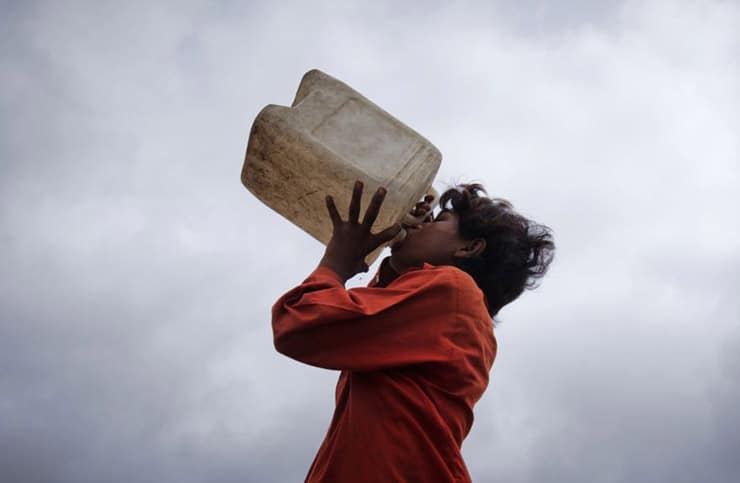BILLIONS DAILY AFFECTED BY WATER CRISIS
- Without water, life would not exist. It is a prerequisite for all human and economic development.
- Yet today, 780 million people – about one in nine – lack access to clean water. More than twice that many, 2.5 billion people, don’t have access to a toilet.
- There has been significant public attention paid to the issue of water scarcity, and for good reason. Although water is a renewable resource, it is also a finite one. Only 2.53 percent of earth’s water is fresh, and some two-thirds of that is locked up in glaciers and permanent snow cover.
- But despite the very real danger of future global water shortages, for the vast majority of the nearly one billion people without safe drinking water, today’s water crisis is not an issue of scarcity, but of access.
A Common Struggle
- In most developed nations, we take access to safe water for granted. But this wasn’t always the case. A little more than 100 years ago, New York, London and Paris were centres of infectious disease.
- Child death rates were as high then as they are now in much of Sub-Saharan Africa. It was sweeping reforms in water and sanitation that enabled human progress to leap forward. It should come as no surprise that in 2007, a poll by the British Medical Journal found that clean water and sanitation comprised the most important medical advancement since 1840.
- The health and economic impacts of today’s global water crisis are staggering.
- More than 3.4 million people die each year from water, sanitation, and hygiene-related causes. Nearly all deaths, 99 percent, occur in the developing world.
- 2.5 billion People lack access to improved sanitation; 1.1 billion still practice open defecation.
- Lack of access to clean water and sanitation kills children at a rate equivalent of a jumbo jet crashing every four hours.
- 443 million school days are lost each year due to water-related illness.
- Women and children bear the primary responsibility for water collection in the majority of households. This is time not spent working at an income-generating job, caring for family members, or attending school.
Water Facts source : water.org
